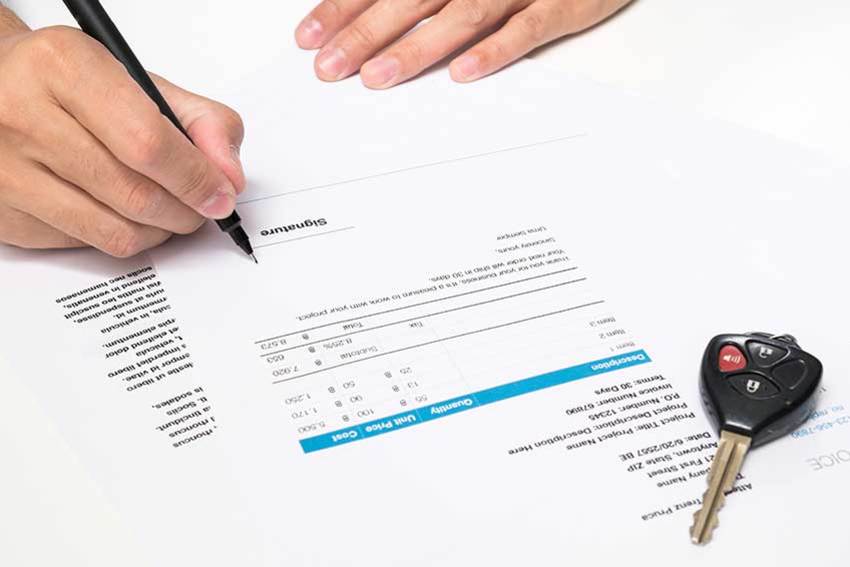5 Essential Documents for Buying a Car Privately

Embarking on the journey of buying a car privately is exciting, yet it can be fraught with potential pitfalls if one is not well-prepared. To ensure a smooth and secure transaction, there are several essential documents you need to have in hand before you proceed. These documents not only facilitate the transfer of ownership but also protect both the buyer and the seller from legal complications. This article will delve into the five indispensable documents you should gather when buying a car privately.
1. Vehicle Title

The Vehicle Title, sometimes known as the “pink slip”, is the legal document that proves ownership of the vehicle. Here’s what you should look for:
- Legitimate Owner’s Information: The name and address of the registered owner should match the current seller’s.
- No Liens: Check for any outstanding liens or loans on the vehicle. If there’s a lien, you’ll need to ensure it is settled before the sale.
- Endorsement: The current owner’s signature must be present, transferring the title to the new owner.
2. Bill of Sale

A Bill of Sale is a crucial document in the private car buying process, detailing the terms of the sale:
- It includes the vehicle identification number (VIN), make, model, year, and odometer reading at the time of sale.
- The sale price and method of payment should be clearly stated.
- Both parties must sign and date the document.
🚗 Note: Keep several copies of the bill of sale, one for your records, one for the DMV, and one for the seller.
3. Vehicle History Report

Before making an offer, obtaining a Vehicle History Report is wise:
- This report can reveal past ownership, title information, accident history, title brands, liens, and mileage.
- Sites like Carfax or AutoCheck provide these reports for a small fee.
4. Odometer Disclosure Statement

The Odometer Disclosure Statement is legally required in many jurisdictions:
- It ensures the buyer knows the true mileage of the vehicle at the time of sale.
- Falsifying an odometer reading can lead to significant legal issues for the seller.
5. Title Transfer and Registration Forms

Once the sale is agreed upon, you’ll need:
- State-specific Title Transfer Form: This form is used to officially transfer the car’s title from the seller to you, the buyer.
- Application for New Registration: After transferring the title, you’ll need to register the vehicle in your name.
These forms typically require:
- The seller to endorse the back of the current title.
- Proof of insurance, as many states mandate this for registration.
- Your identification and address details.
- An affidavit of non-use if the vehicle has been off the road for an extended period.
🏗️ Note: The exact forms and process might vary by state or country, so consult your local DMV for the most accurate information.
In conclusion, these five documents serve as the backbone of a private car purchase. They ensure that the transaction is legally sound, providing peace of mind to both buyer and seller. With these documents in hand, you're not just buying a car; you're securing ownership, history, and future compliance with vehicular laws. When approached systematically, the process can be straightforward and rewarding, leading to the enjoyment of your new purchase with minimal complications.
What if the seller does not have all the necessary documents?

+
If the seller is missing documents, it’s essential to tread carefully. Ask them to obtain the documents or consider seeking legal advice to proceed with the transaction safely.
Can the Vehicle History Report be skipped?

+
While not legally required, skipping the Vehicle History Report could leave you unaware of significant issues like past accidents, liens, or odometer tampering. It’s a valuable tool for peace of mind.
How long does it take to transfer the title?

+
The time to transfer a title can vary by state or country, typically ranging from immediate at the DMV to several weeks. Plan accordingly to ensure you’re not without proof of ownership for too long.
Is it possible to buy a car without a title?

+
Generally, no. Without a title, you lack legal proof of ownership, making registration and insurance impossible. Unless a special procedure or state-specific exemption applies, having the title is non-negotiable.



